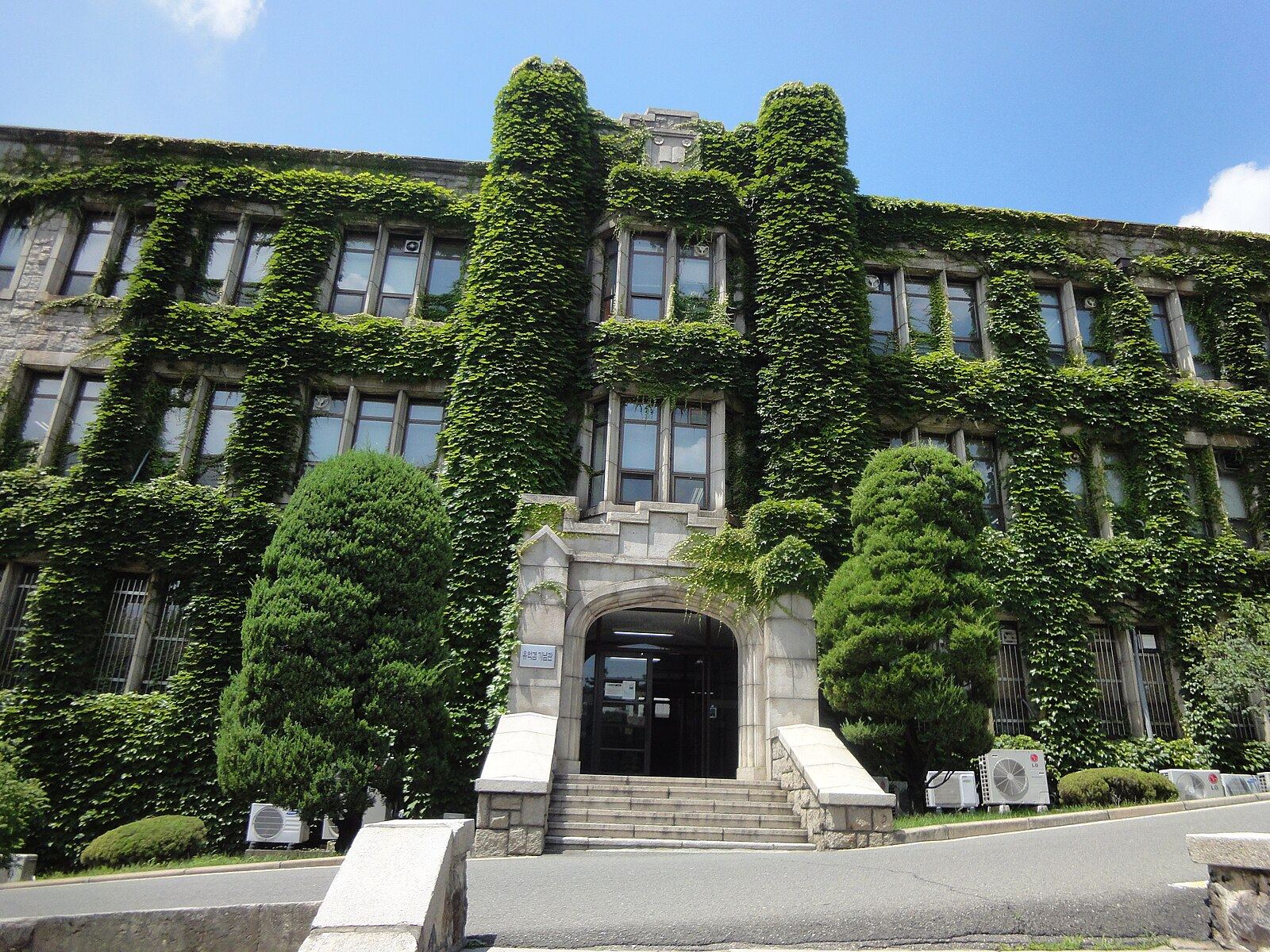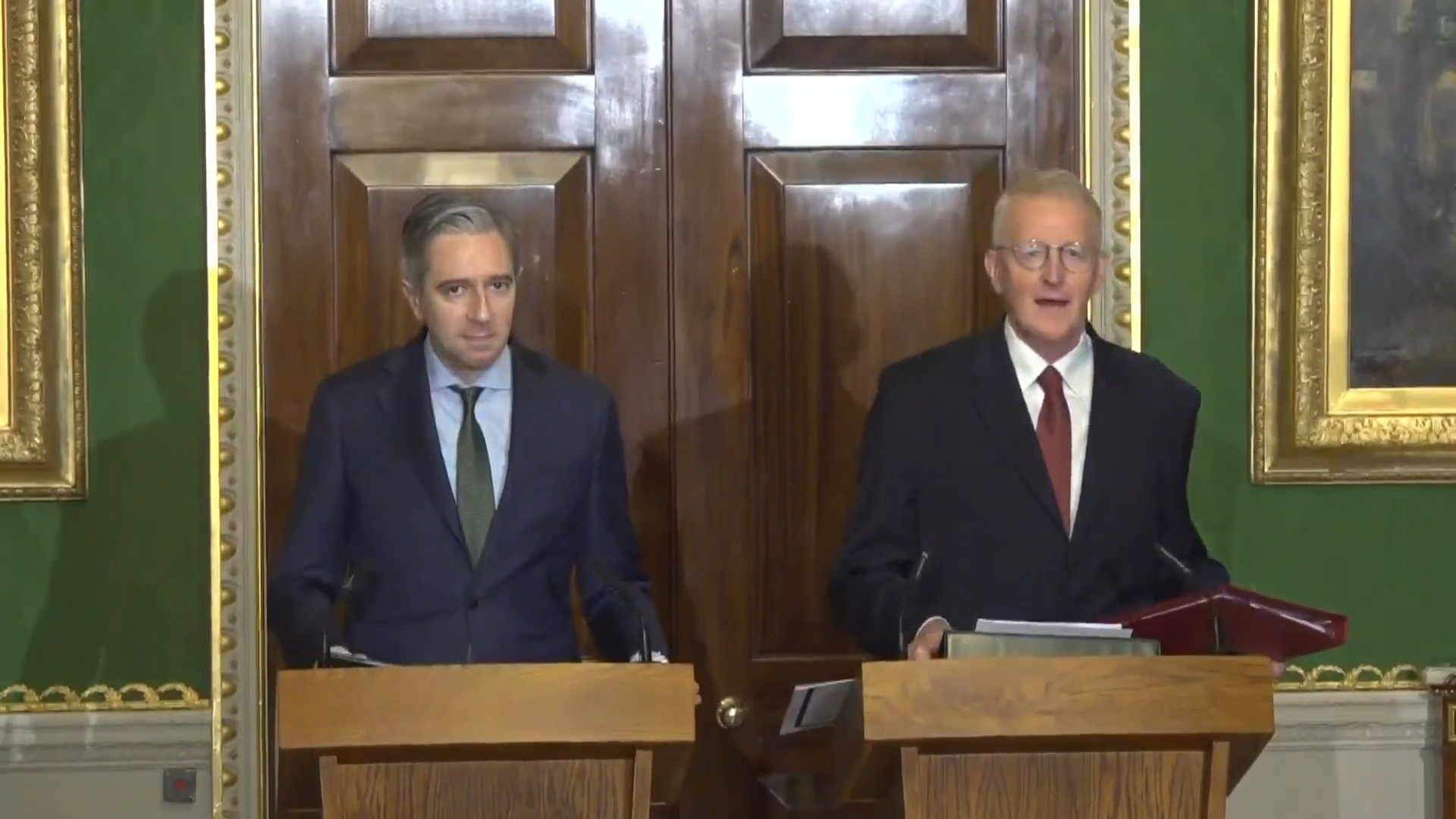By SCMP’s Asia desk
Copyright scmp

A new set of university rankings released in South Korea aims to provide prospective international students with clearer guidance on study options, as the country’s institutes of higher learning expand their efforts to attract global talent amid a shifting academic landscape.
The K-universities Global Excellence Rankings, developed by The Korea Times and released last week, are described as the country’s most internationalisation-focused assessment to date, with more than 60 per cent of the scoring weighted towards indicators relevant to international students, such as diversity of student nationalities, scholarships, academic retention and dormitory size.
The assessment aims to reflect the experiences of international students and offer practical decision-making guidance for those considering studying in South Korea.
“The rankings stand out by giving international students practical criteria, rather than focusing only on research output and reputation,” Jung Min-chul, a partner at Samil PwC, told the Korea Times.
Korea University topped the inaugural list, followed by Seoul National University and Yonsei University. The other institutions in the top 10 included Sungkyunkwan University, Hanyang University, Sogang University, University of Seoul, Ewha Womans University, Kyung Hee University and Dongguk University.
Although Seoul-based universities dominated the top tier, the rankings also highlighted notable performances by regional flagships and specialised institutions. Kyungpook National University, Pusan National University and Jeonbuk National University secured places within the top 30, while Woosong University and Handong Global University were recognised for their strong globalisation focus.
The results across categories highlighted the diverse strengths of Korean universities. While the traditional “SKY” trio – Seoul National University, Korea University and Yonsei University, widely regarded as the country’s most prestigious institutions – continued to lead overall, emerging players and regional campuses gained recognition in specialised areas.
The evaluation covered 54 four-year universities nationwide, with a total of 190 points distributed across four categories: 60 for education, 50 for research, 40 for student support and 40 for graduate outcomes.
The rankings are based on publicly available and verifiable data, drawing on sources such as the Ministry of Education’s Higher Education in Korea platform and Naver Scholytics. The framework was developed by The Korea Times’ evaluation team in conjunction with six experts in university globalisation, to ensure credibility and transparency.
Experts said the rankings provided a timely tool that better reflects the considerations of foreign students.
“The four evaluation areas are well-balanced, and the results could help guide international students while expanding opportunities for Korean universities,” Seo Myeong-seok, managing director of the Korea Advancing Schools Foundation, told The Korea Times.
When it comes to category rankings, Korea University ranked first in education, followed by the University of Seoul and Yonsei University. The results highlighted the strength of Seoul-based private universities, which have traditionally dominated in education.
Sejong University topped the research category, ahead of Yonsei and Sungkyunkwan University. Several non-Seoul institutions also made the Top 10, including Hanyang University’s ERICA campus, Yeungnam University and Gachon University, indicating a broader distribution of research excellence nationwide.
Seoul National University led in both student support and graduate outcomes. Handong Global University entered the Top 10 for student support, recognised for its international student-friendly environment and high dormitory accommodation rate. The Catholic University of Korea also performed strongly in fourth place.
Seoul National University, Korea University, Yonsei University and Sungkyunkwan University ranked highest in graduate outcomes, followed by Sogang, Hanyang, Chung-Ang, Ewha Womans, Kyung Hee and Konkuk universities.
The evaluation considered factors such as graduate employment rates, enrolment in postgraduate programmes and the broader social impact of alumni. The latter was assessed through the presence of graduates in influential sectors including politics, business, public administration, law and other professional fields – reflecting how well universities are preparing students to become future global leaders.
Attracting global talent
The number of international students in South Korea surpassed 208,000 in 2024, according to the Ministry of Education. With the government aiming to attract 300,000 by 2027 under its Study Korea 300K Project, international students are becoming an increasingly vital part of the country’s higher education landscape.
South Korean universities are widely respected for their strong research output, rigorous academic standards and growing global partnerships. Many offer dual-degree programmes, English-taught courses and advanced facilities. Despite their appeal, international students often face challenges – from language barriers and limited access to scholarships to adjusting to South Korea’s highly competitive academic culture and securing adequate support.
In response, universities in the country are boosting their efforts to improve the international student experience. These include expanding English-language programmes and campus services, enhancing global branding, and launching targeted support initiatives. Some institutions are also piloting real-time translation in classrooms, increasing foreign faculty recruitment and introducing intercultural training to foster a more inclusive campus environment.
At the policy level, government-backed efforts such as the Study Korea 300K Project and the Regional Innovation System and Education (RISE) initiative are designed to expand the country’s global education footprint and elevate the competitiveness of regional institutions. While the former focuses on increasing international enrolments nationwide, the latter provides targeted support to universities outside Seoul to enhance their global capacity and local relevance.



